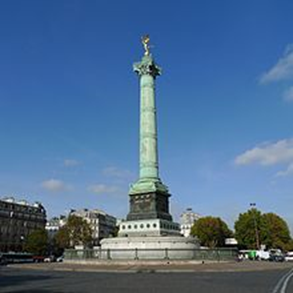5.3 Storming of the Bastille
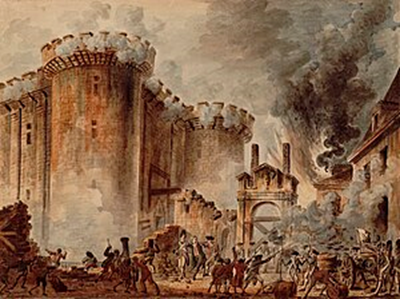
The Storming of the Bastille was in Paris, France, on 14 July 1789, when revolutionary people attempted to take control of the medieval armoury, fortress and a prison known as the Bastille. After four hours of fighting and 94 deaths the revolutionaries entered the Bastille. The governor and several members of the garrison were killed after surrender. The Bastille represented the royal authority in the centre of Paris. The prison contained only seven prisoners at the time and was already scheduled for demolition, but was seen by the revolutionaries as a symbol of the monarchy’s abuse of power. Its fall was the beginning of the French Revolution.
In France, 14 July is a national holiday called Fête nationale française which commemorates the anniversary of the storming of the Bastille . In English this holiday is commonly referred to as Bastille Day.
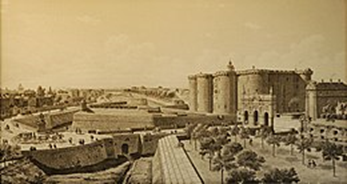
Background
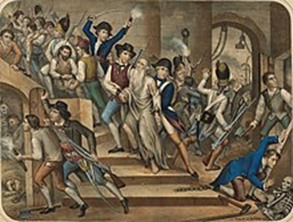
During the reign of Louis XVI, France faced a major economic crisis, caused in part by the cost of taking part in the American Revolution and expensive taxes as well as poor harvests in the late 1780s.
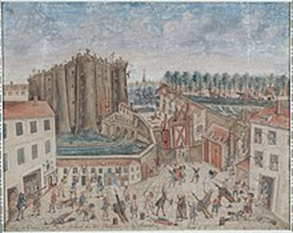
Paris, close to revolting and motivated by liberty and enthusiasm, showed great support for the revolutionary Assembly. The press published the debates, and people debated in the squares.
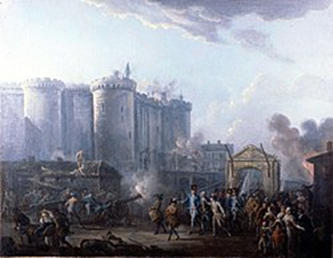
On the morning of 14 July 1789, the city of Paris was in alarm. At this point, the Bastille was nearly empty, housing only seven prisoners.
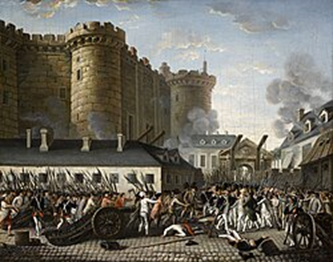
The official list of vainqueurs de la Bastille (conquerors of the Bastille) subsequently compiled has 954 names, and the total of the crowd was probably fewer than one thousand. The majority were local artisans, army deserters and 21 wine merchants.
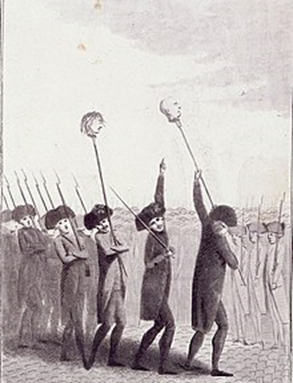
Ninety-eight attackers and one defender had died in the fighting.
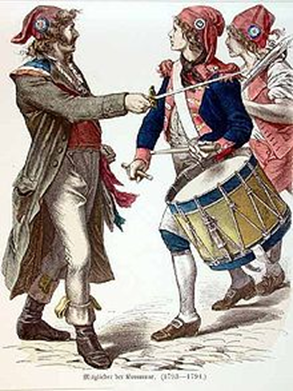
The King first learned of the storming only the next morning. Is it a revolt?” asked Louis XVI. A duke replied: “No sire, it’s not a revolt; it’s a revolution.” Indeed, the storming of the Bastille is the beginning of the Revolution. Nonetheless, the fall of the Bastille marks the first time the regular citizens of Paris.
